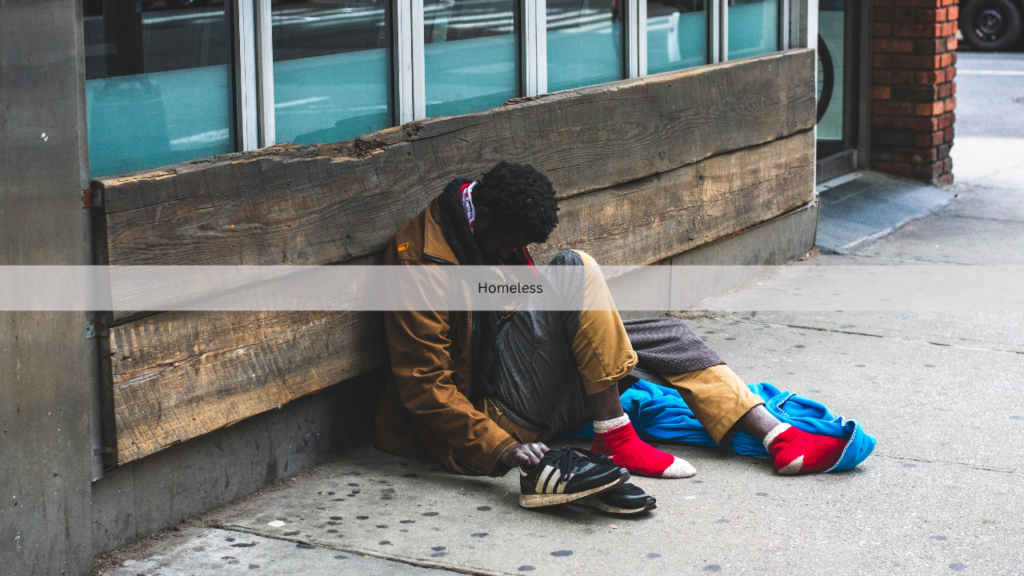
Homelessness is a multifaceted social issue that stretches far beyond the lack of shelter. For many individuals, homelessness is intertwined with complex issues of mental health and substance abuse. These challenges, often feeding into one another, make it difficult for people to find stability. Addressing homelessness effectively requires a holistic approach that not only provides housing but also tackles the underlying mental health issues and addiction struggles that keep people on the streets.
The Intersection of Mental Health and Homelessness
Mental health disorders are common in the homeless population. According to the Substance Abuse and Mental Health Services Administration (SAMHSA), around 30% of people experiencing chronic homelessness suffer from a serious mental illness, such as depression, schizophrenia, or bipolar disorder. These conditions, when untreated, make it difficult for individuals to hold steady jobs, maintain relationships, and navigate the complexities of daily life. The result is often a downward spiral into homelessness.
In turn, homelessness exacerbates mental health challenges. Living on the streets exposes individuals to high levels of stress, trauma, violence, and social isolation. Many people develop post-traumatic stress disorder (PTSD) or other anxiety-related conditions as a result of these experiences. Without access to healthcare or social support, the mental health conditions worsen, making it even more challenging for individuals to break free from the cycle of homelessness.
Substance Abuse as a Barrier to Stability
Substance abuse is another critical barrier preventing homeless individuals from achieving stability. Whether addiction leads to homelessness or develops as a coping mechanism while living on the streets, it plays a significant role in keeping people trapped in the cycle of poverty. Studies show that about one-third of homeless individuals struggle with alcohol or drug addiction. The chaotic lifestyle of homelessness, combined with easy access to drugs and alcohol on the streets, makes recovery especially difficult.
Many homeless individuals use substances to cope with their harsh realities—numbing the pain of cold nights, hunger, or untreated mental health conditions. Unfortunately, substance abuse further complicates their situation. Addiction leads to deteriorating physical and mental health, impairs decision-making, and makes it nearly impossible to find or maintain employment or housing. This cycle of addiction and homelessness is difficult to escape without comprehensive, compassionate intervention.
Comprehensive Solutions: Beyond Shelter
Addressing homelessness requires more than simply providing temporary shelter. It necessitates a comprehensive approach that integrates mental health care, addiction recovery services, and long-term support. Programs that focus on treating mental illness and substance abuse alongside providing stable housing are more effective in helping individuals regain their independence.
One successful model is the “Housing First” approach, which prioritizes giving people safe, permanent housing without requiring them to be sober or mentally stable first. By providing housing as a foundational step, individuals are given the stability needed to start addressing their mental health and substance abuse issues. From there, integrated services like counseling, medication management, addiction treatment, and peer support can be more effectively delivered.
The Need for Coordinated Care
To address the dual challenges of mental health and addiction, there must be a focus on coordinated care. This includes partnerships between shelters, healthcare providers, social services, and community organizations. Only through a combined effort can the complex needs of homeless individuals be met effectively. Supportive housing models, wraparound services, and trauma-informed care should become the norm, not the exception.
Ultimately, if we are to truly combat homelessness, we must go beyond offering temporary shelter and start addressing the root causes that keep people in the cycle of instability—mental illness and addiction. By tackling these challenges, we can give individuals the tools they need to rebuild their lives and reintegrate into society.